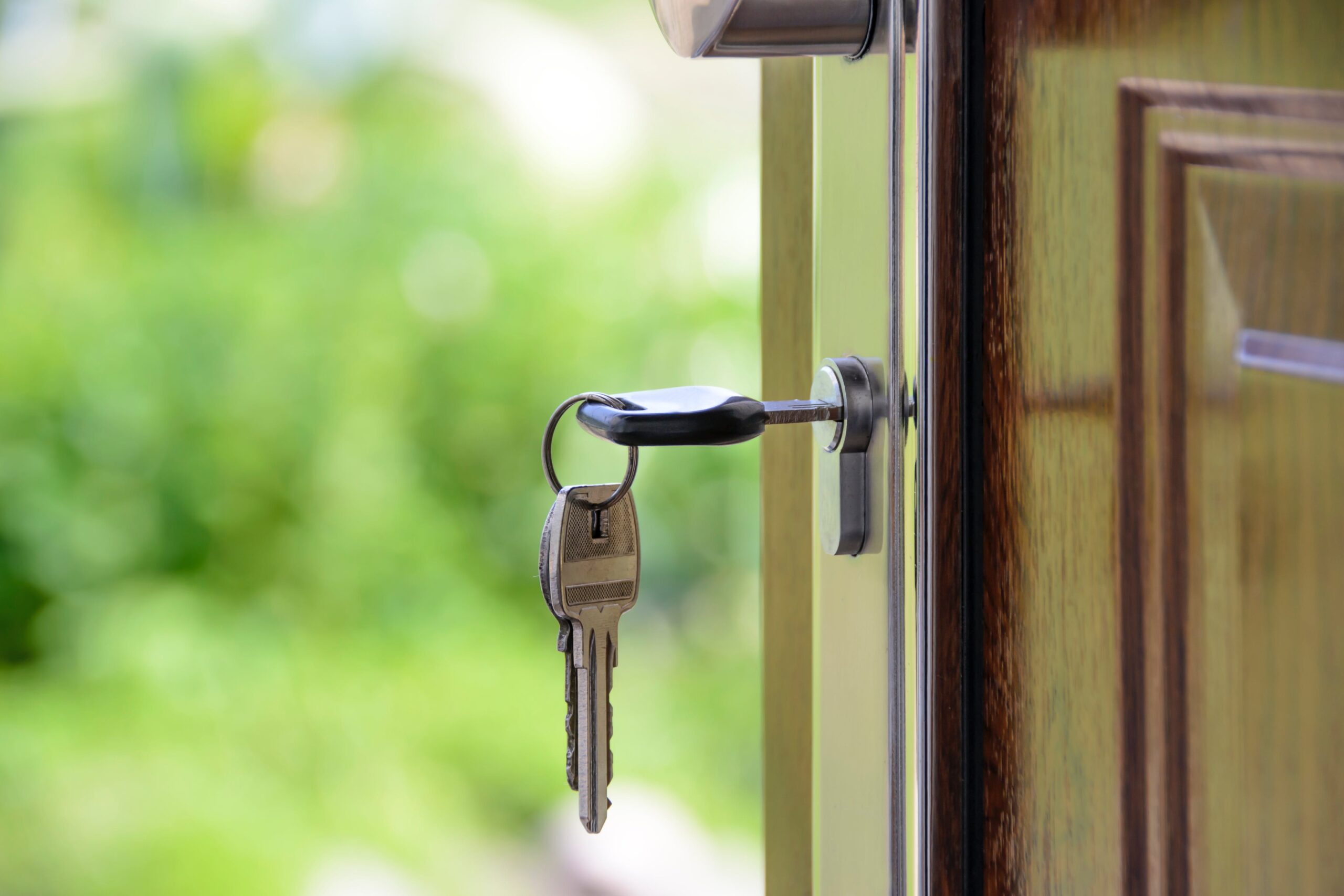There’s no doubt about it – buying a home is a big financial commitment. Not only do you have to worry about the deposit and mortgage repayments, but there are also a whole host of other associated costs, from stamp duty to legal fees. These days with the growth in alternative property types there can be even more to think about – you could be looking at specialist manufactured home mortgages or a loan to buy a houseboat. However, if you are going down the standard house route, read on.
With all of this in mind, it’s no wonder that many people feel daunted by the prospect of buying a property. However, there are plenty of ways to save money when purchasing a home, and in this guide, we’ll show you how.
From finding the right mortgage deal to negotiating on price, read on for our top tips on keeping the cost of your new home down…
1. Finding the Right Mortgage Deal
One of the biggest costs associated with buying a property is the mortgage. This is a long-term loan that you’ll need to repay, usually over a period of 25 years or more.
The amount you’ll need to borrow will depend on the price of the property, as well as your deposit (the lump sum of money you have available to put towards the purchase). These are vital factors when you look for properties for sale and rent in your preferred area. To get the best deal on your mortgage, it’s important to compare different offers from a range of lenders. You can do this by using an online comparison site, or speaking to a mortgage broker.
When looking at different deals, make sure to check the interest rate and any fees that may be applicable. It’s also worth considering whether you want a fixed-rate or variable-rate mortgage.
Fixed-rate mortgages offer the security of knowing that your repayments will stay the same for a set period of time, usually between two and five years. This can make budgeting easier as you’ll know exactly how much you need to pay each month.
Variable-rate mortgages, on the other hand, typically start with a lower interest rate but this can change over time in line with the Bank of England’s base rate. This means that your monthly repayments could go up or down.
2. Saving for a Deposit
In order to get a mortgage, you’ll usually need to provide a deposit of at least 5% of the property’s value. So, if you’re looking to buy a house worth £200,000, you’ll need to have at least £10,000 saved up. The bigger your deposit, the better chance you have of being accepted for a mortgage and getting a competitive interest rate. So, if you can, it’s worth saving as much as you can.
There are a few ways to do this. If you’re currently renting, you could look into renting out a room on your property (known as ‘lodgers’). This extra income can then be put towards your deposit.
You could also consider using a Help to Buy ISA. These are savings accounts that offer a government bonus of up to £3,000 (provided you’ve saved the maximum of £12,000).
3. Negotiating on Price
Once you’ve found your dream property, it’s time to start thinking about negotiation. This is where you attempt to get the price down so that it’s more affordable for you.
Remember, the asking price is usually just a starting point and there’s often scope to haggle, especially if the property has been on the market for a while.
When negotiating, it’s important to be prepared to walk away if you don’t get the deal you want. This means knowing your budget and being firm on what you’re willing to pay.
If possible, it’s also worth trying to get the seller to cover some of the associated costs, such as stamp duty or legal fees. This can help to reduce the overall cost of the purchase.
4. Making Your Offer
Once you’ve negotiated a price that you’re happy with, it’s time to make your offer. This is usually done through your solicitor or conveyancer (the legal professional who handles the property transaction).
Your offer will be subject to a number of conditions, such as getting a mortgage and carrying out a survey. Once these have been met, the sale can go ahead.
5. Getting a Mortgage
If you’re planning on taking out a mortgage to help finance the purchase of your property, it’s important to start looking for deals as early as possible.
As mentioned above, it’s worth comparing different offers from a range of lenders in order to get the best deal. You can do this by using an online comparison site or speaking to a mortgage broker.
When looking at different deals, make sure to check the interest rate and any fees that may be charged. You should also consider how the mortgage would work if interest rates were to rise in the future.
Buying a house is a big financial commitment and it’s important to do your research in order to get the best deal possible. By following the tips above, you can save money when buying a property.

